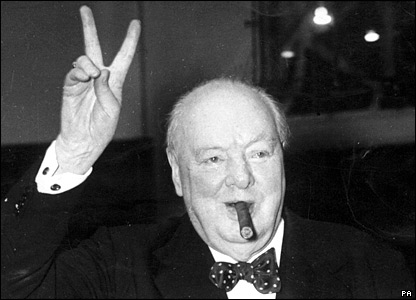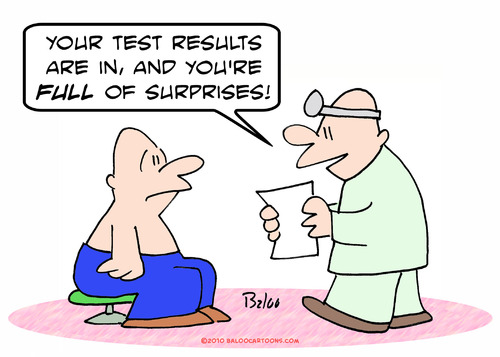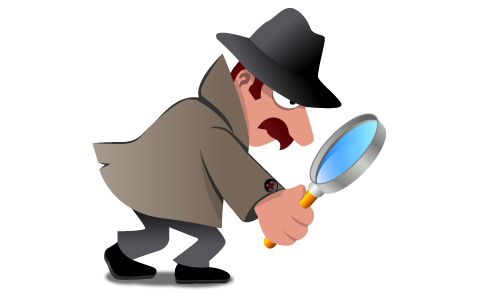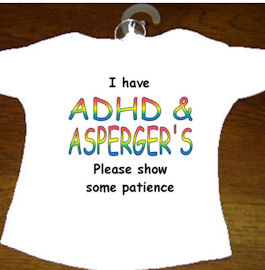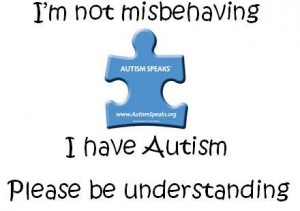Imagine this. You’re in your office, preparing to make yet another cold call to sell whatever it is your company sells. You dial the prospect’s number and run through the sales pitch in your head. All of a sudden, you can’t deliver it. Your brain knows what you want to say, but your mouth simply won’t say it. All that comes out is a couple of vowel sounds: “Aaa – ooo.” Sounds like a nightmare doesn’t it? This is what children with childhood apraxia of speech (CAS) deal with every day.
The King’s Speech: How George VI Overcame His Stutter
Speech DisordersYou might be surprised at how many famous people have struggled with a speech disorder. James Earl Jones developed a stutter as a child. So did Bruce Willis, Samuel L. Jackson, and Tiger Woods. Influential orators have also dealt with the issue, including Winston Churchill. And King George VI’s stuttering problem was made famous by the Hollywood hit, “The King’s Speech,” starring Colin Firth, Geoffrey Rush, and Helena Bonham Carter. While the screenwriter took certain liberties with historical facts (the compression of events into a shorter time period, for one), this can be forgiven since the primary focus of “The King’s Speech” is how George VI overcame his stutter.
What Is Fragile X Syndrome?
Speech DisordersFragile X syndrome is a genetic disorder. It is the most common cause of inherited intellectual disability in boys, however girls can also inherit the condition. According to the National Fragile X Foundation, it is also the most common genetic cause of autism. The symptoms of Fragile X can range from mild to severe. While there is no cure for this disorder, treatments are available to address the symptoms.
Darth Vader’s Stuttering Therapy
Speech DisordersJames Earl Jones began his career in theater, but his first breakout film role was in “Dr. Strangelove or: How I Learned to Stop Worrying and Love the Bomb.” Since then, his meteoric rise to fame has included numerous voiceovers for roles like Mufasa in “The Lion King.” “Star Wars” fanatics everywhere can immediately identify Jones as the infamous, deep voice of Darth Vader. But the man who would give Darth Vader his trademark voice had previously lost his. In fact, James Earl Jones suffered a debilitating speech disorder in his childhood. Because of it, Jones remained functionally mute for eight years. If it hadn’t been for the tenacity of a high school English teacher, Darth Vader might have had a much less impressive voice.
Winston Churchill’s Dentures
Speech DisordersWe shall go on to the end, we shall fight in France, we shall fight on the seas and oceans, we shall fight with growing confidence and growing strength in the air, we shall defend our Island, whatever the cost may be, we shall fight on the beaches… we shall never surrender…
Winston Churchill didn’t have the advanced wartime technology of today at his disposal, but he did have his words. He used them to great effect (despite all those run-on sentences). Churchill delivered his “We Shall Fight on the Beaches” speech before Parliament in 1940. He was concerned about only one thing: defending his beloved island. (Well that, and stopping the Nazi advance.) He had to tell Parliament about a disastrous military defeat and discuss the possibility of a Nazi invasion, yet simultaneously boost morale. And he did it all with a speech impediment (or possibly two).
Celebrities with Lisps
Pronunciation & Lisps Speech DisordersAs a parent, one of the hardest things is to see your child struggle. We wish we could protect them from everything, including being bullied or feeling low self-esteem because of a difference. As a child with a speech disorder grows older and begins to attend playgroups and school, other children might call attention to the differences in his speech and language patterns. Having positive role models who also struggled with these issues might help your child overcome this. Numerous celebrities have been diagnosed with speech disorders, including lisps. Discuss these stories with your child and remind him that he can accomplish anything he puts his mind to.
Speech Therapy Jargon: Diagnosis
Speech DisordersPreviously, Speech Buddies has posted quick reference guides to some of the commonly used speech therapy acronyms, as well as speech and language terms. Here’s a another reference guide to some of the oft-used diagnostic terms in speech therapy. Use this guide to muddle through some of the language that you might come across when reading about your child’s speech disorder. Just try not to acquire a bit of hypochondria in the process. Just because your child has an extreme fondness for sugary cereals doesn’t mean he has an eating disorder, for example. Likewise, just because your child might pronounce “watah” instead of “water” does not necessarily mean that he has an articulation disorder. Always consult your child’s speech-language pathologist or his pediatrician if you’re unclear about any speech-language pathology or medical terms.
Summer Reading: Homework for Parents
Speech DisordersConducting your own investigative work and research is vital – whether you’re an astrophysicist, a keynote speaker, or a parent of a child with a speech disorder or delay. In this digital age, “research” is often synonymous with “Google.” There are certainly a number of excellent digital resources about speech and communication issues, but don’t forget about print resources. Lace up your walking shoes and head over to your local library to look for some of the following notable reads. The more you learn about your child’s speech disorder and communication issues in general, the more you will be able to help him improve his skills. If your friendly neighborhood librarian can’t find these books on her shelves, ask if your library participates in an interlibrary loan program or check a local university library.
Children with Asperger’s
Speech DisordersAsperger’s syndrome, a developmental disorder, is often called high-functioning autism. It is classified as an autism spectrum disorder (ASD). Children with ASD, including Asperger’s, tend to have problems with communication and social skills, such as collaborating with other kids in the playground. Communication difficulties can include nonverbal communication. While every child is unique and will present various signs and symptoms of the disorder, those with Asperger’s are generally thought to have a milder form of autism.
Characteristics of Speech in Autistic Children
Speech DisordersAutism is a developmental disorder that ranges from mild to severe. Rather than being defined as one particular disorder and set of symptoms, autism is referred to as autism spectrum disorder (ASD). Every child is unique with his own particular signs and symptoms.
As the parent or caregiver of a child with ASD, you have likely noticed some of the typical signs of autism. Children with autism often react differently to being touched, resist changes to routines, and engage in repetitive activities. However, it bears repeating that children with autism spectrum disorder have various symptoms. That said, you will likely notice that your child communicates differently than children without ASD.





